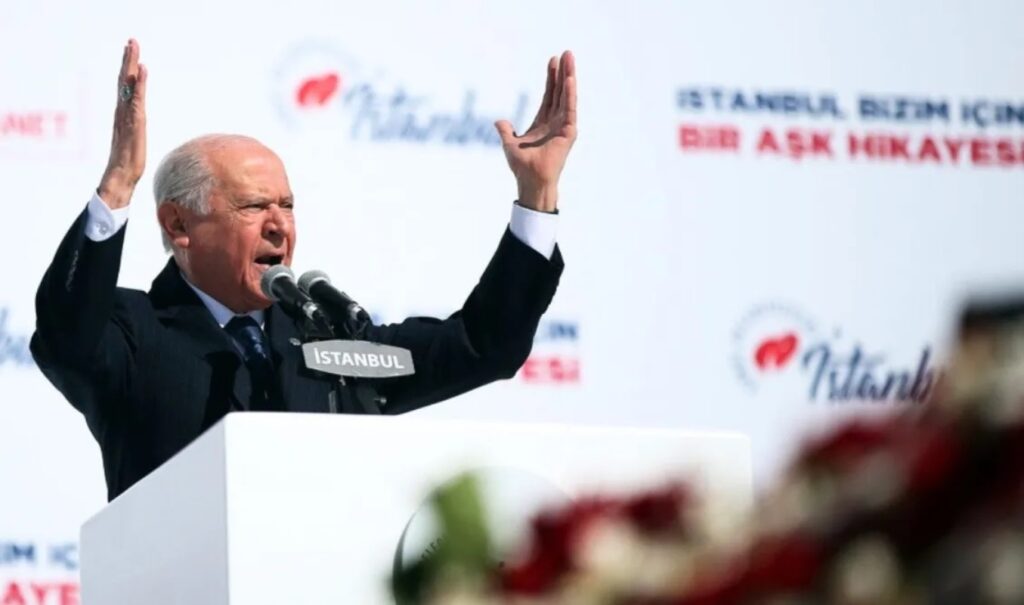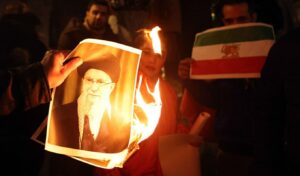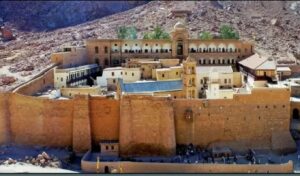In a dramatic shift from his hardline nationalist positions, Devlet Bahçeli, leader of the ultra-nationalist Nationalist Movement Party (MHP) and steadfast government ally of Turkish President Recep Tayyip Erdogan, has proposed the inclusion of Kurds and Alevis in high government positions, even as vice president. This statement, made during an internal party meeting on July 18, stands in complete opposition to the MHP’s ideological past and is sparking intense political debate.
The timing is not coincidental. Support from the pro-Kurdish DEM party, which holds 56 seats in the National Assembly, is considered essential for the Erdogan-Bahçeli bloc to achieve the required majority for the long-sought constitutional revision. Despite the president’s own reservations, top AKP officials and Bahçeli himself support scenarios that would allow Erdogan to remain in power beyond the prescribed terms.
This is an initiative that, if successful, would reshape Turkey’s political landscape and its relations with its ethno-religious minorities.
Bahçeli’s surprising reversal
Devlet Bahçeli’s political identity has been built on hardline nationalist lines. However, with his latest statements, he shows willingness to open channels of cooperation with Kurds and Alevis, even to discuss peace processes with the PKK. The proposal for a vice presidential position for minority members, combined with the recent “opening” toward imprisoned PKK leader Abdullah Öcalan, reveals a strategic change of course.
The constitutional revision puzzle and DEM’s role
Bahçeli’s proposal is not merely symbolic. Support from the DEM party is considered crucial for passing constitutional changes that would likely extend Erdogan’s political dominance. Despite the president’s official silence, his political circle is already working to secure the necessary votes, even through radical compromises with old political adversaries.




